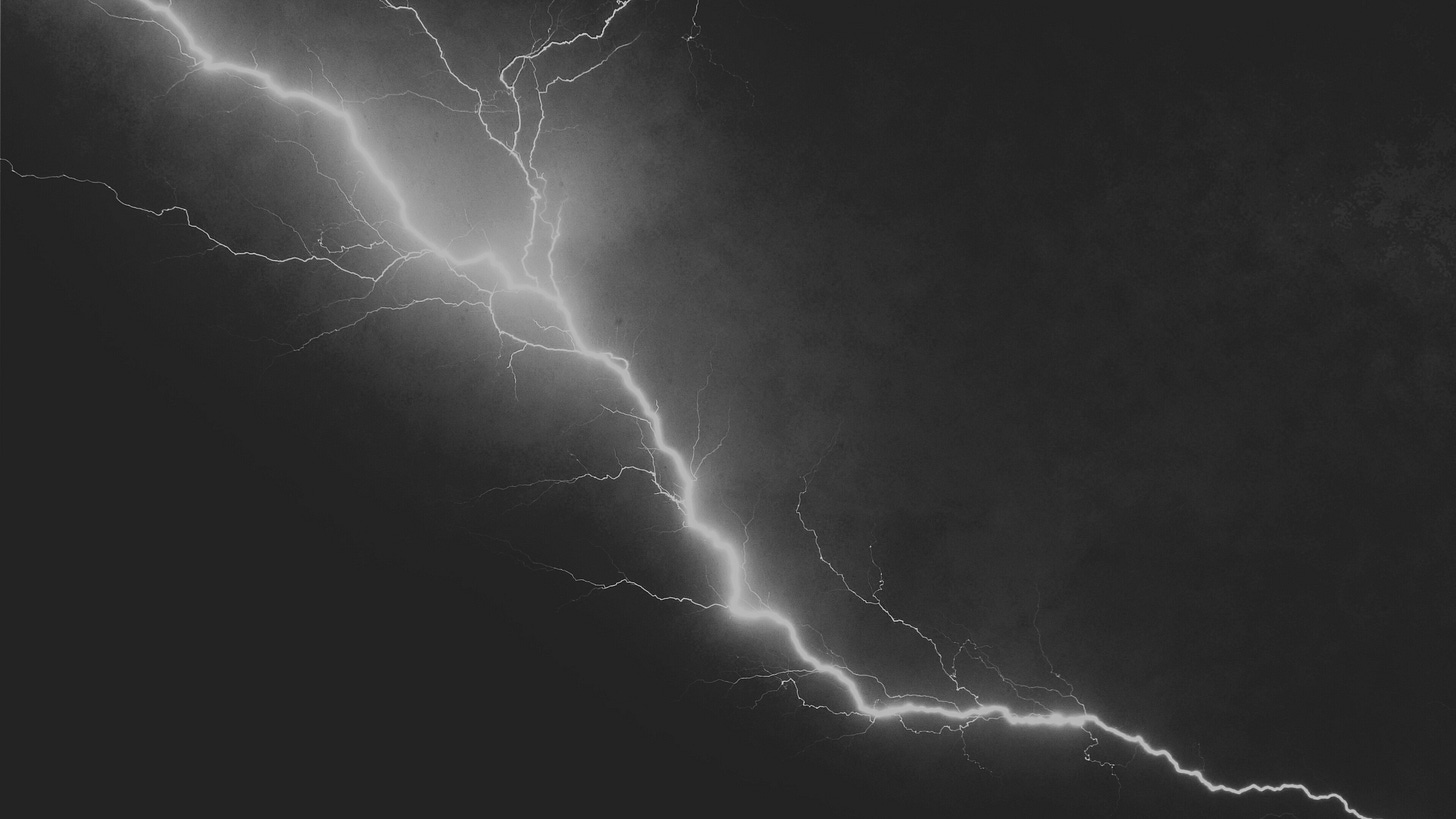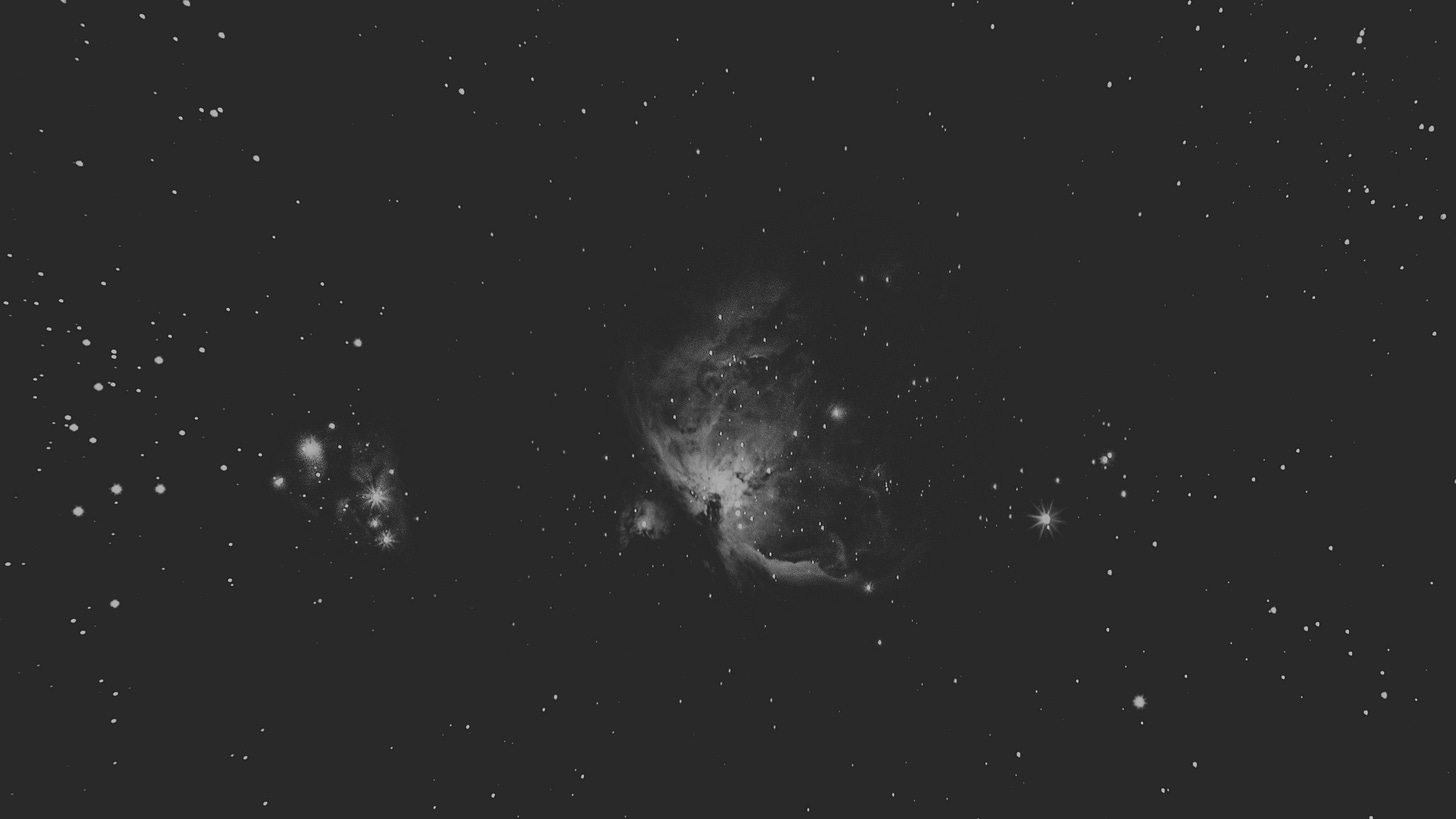How would you describe your writing process? Impulsive or routined? Structured or irregular? Tame or wild? Do you prefer writing in the morning or at night? Do you need background music or like the sound of silence?
Writing routines have long been fascinating for both writers and readers. While Haruki Murakami has shared that he’s militant with routine, getting up at 4am every day to write for five or six hours, Ray Bradbury advised writing a short story every week because it’s impossible to write 52 bad ones in a row. For Shirley Jackson, it comes down to constantly writing away the weirdness.
As she said, “the very nicest thing about being a writer is that you can afford to indulge yourself endlessly with oddness, and nobody can really do anything about it, as long as you keep writing and kind of using it up, as it were. […] All you have to do—and watch this carefully, please—is keep writing. As long as you write it away regularly, nothing can really hurt you.”
For a lot of writers, process is everything. It’s the bedrock that brings their ideas – or oddness – to life. It’s transformative. A means to an end. A way to turn a thought into something that feels alive.
The more time I’ve spent writing, the more I’ve understood what does and doesn’t work for me. I write better at night. I need music at some points, quiet for others, and a cup of tea close by. My best words come in bursts, and I’ll always try to make the most of them in the hopes I can bottle some of the lightning.
I’m someone that spends a lot of time thinking, often tearing an idea apart in my head before it gets to paper. It’s not physically writing but, for me, it’s a vital part of the process.
However, as well as understanding what works, there’s a part of me that likes the potential of discovery. I want to know what will get the words flowing but leave room for change. I want to feel empowered by predictability but don’t want to force my process into a place that feels unnatural. The sweet spot lies somewhere between the two.
Yesterday, I shared a note on Substack about fictional ‘universes’. I was interested (and still am) about whether anyone writes their stories to be, in some way, connected.
I never intended mine to be but the more future books and ideas I’m thinking about, planning for, and exploring, the more I’m realizing they are. And honestly, I love it, not just because I get to uncover and unpack this all-encompassing underbelly but because something about it feels like an organic byproduct of this thing we call ‘process’.
In short, there’s no denying that process matters. As something we spend so much time doing, it makes sense that we’d want to get it right.
However, it’s also clear process is personal and there is, in fact, no right or wrong to any of it. While your process may be different to mine, and what I do might sound like a nightmare to some, what we can and should all align on is our trust in it.
Because that, really, is what it comes down to. Trusting the process. Creating something from nothing. Doing whatever you need to do to sit in that seat and write.
Before you go
My latest book, Waxwing Creek, is out now. It’s a collection of interconnected horror stories about a haunted motel in a small town called Hunt. It’s available in paperback and on Kindle (including Kindle Unlimited).
Feel free to check out reviews on Goodreads or click the button below to grab a copy.
If you want to read more of my fiction on Substack, you can check out Lightbulb, 483, A Gentle Rain, or Cold House.
If you want to connect, I love hearing from readers. I keep an Instagram updated and post regularly to Threads and Notes. You can also find me on TikTok.
/ JJW






Not sure how I missed your Substack for so long, but stumbled upon it after trying to find others writing in their own "universes" (because I am also doing it and loving it) and this post came up. I'm excited to read Waxwing Creek to see how you unfurl the stories and I also love horror so it's right up my alley.
I swear, the most dangerous rabbit-hole I fall down isn't world-building or researching for a particular story; its researching how other writers write. I've seen so many youtube videos following various schedules and outlining other authors processes. Settling into my own groove took such a long time.